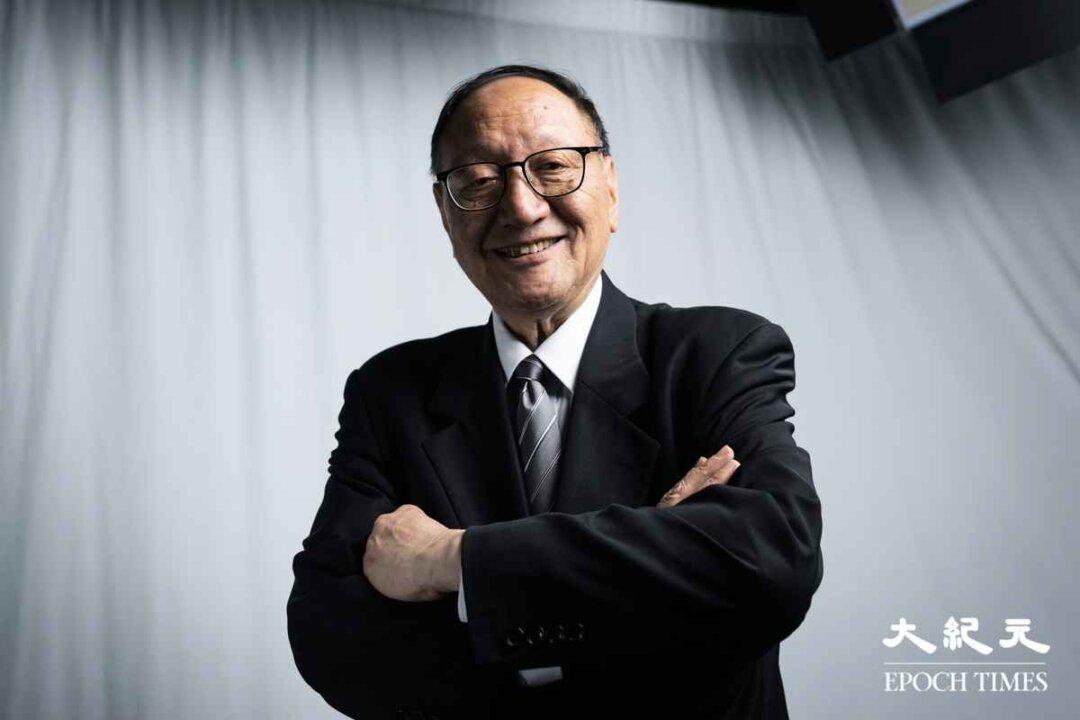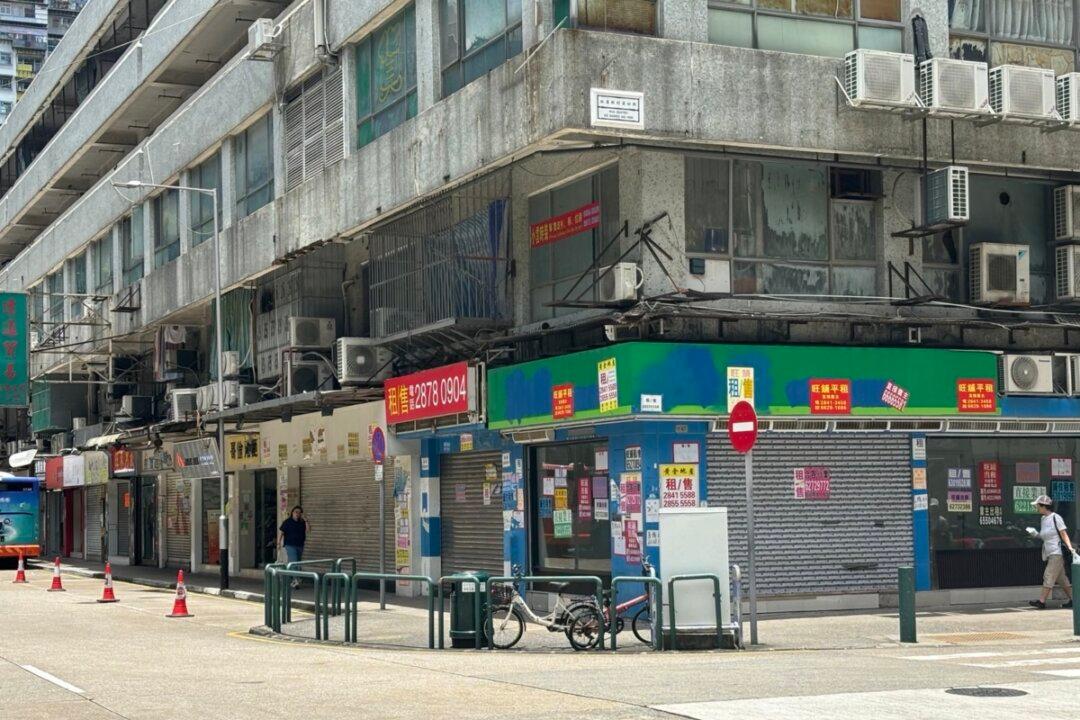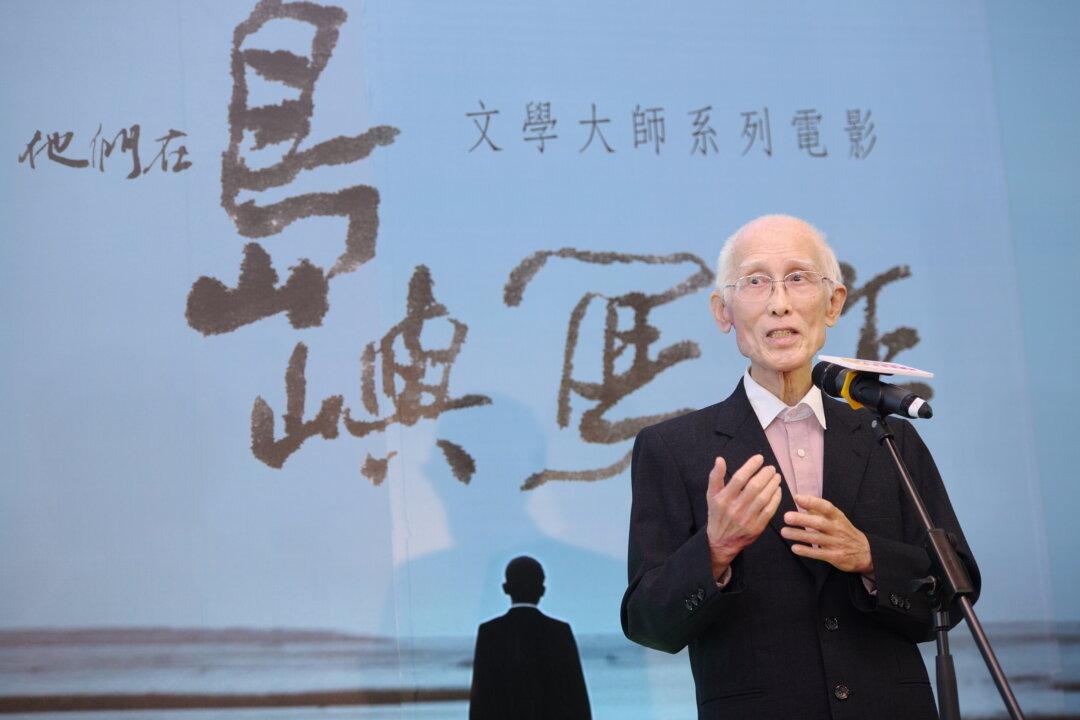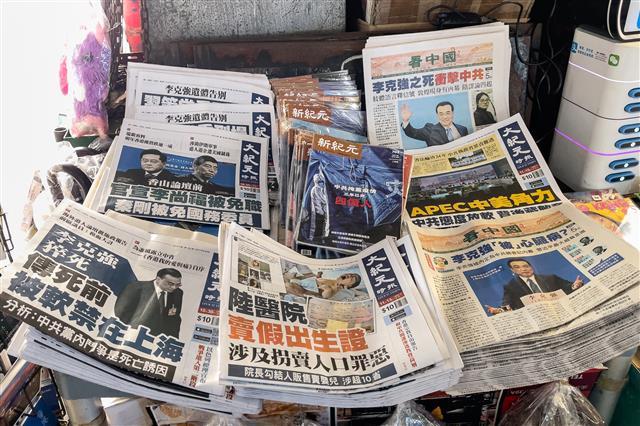“I served in the ICAC for 29 years, and I have no regrets whatsoever. I feel extremely honored to have been part of this silent revolution, contributing to the integrity establishment in Hong Kong,” said Stephen Char Shik Ngor, former Chief Investigator of the Independent Commission Against Corruption (ICAC), in an interview with The Epoch Times.
“Then Governor Sir Murray MacLehose was determined to establish the ICAC to combat corruption, which was a very commendable policy. Without addressing corruption issues, Hong Kong would never have achieved the prosperity it enjoys later.”




